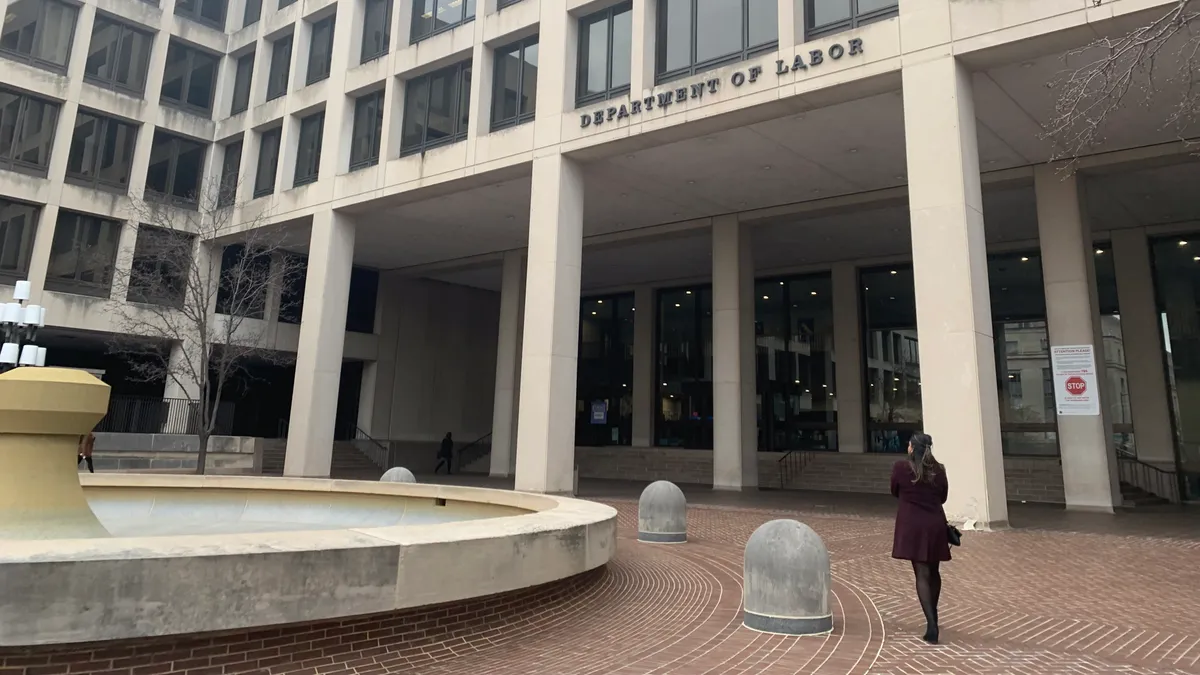The U.S. Department of Labor has the legal authority to use a “salary test” as part of its Fair Labor Standards Act regulations when determining whether white-collar employees are exempt from the law’s overtime pay requirements, a federal judge held Sept. 20.
Judge Robert Pitman of the U.S. District Court for the Western District of Texas issued a decision granting summary judgment to DOL in a suit brought by R.U.M. Enterprises, Inc., an Austin, Texas, operator of franchise restaurants. The company sued the agency challenging its 2019 final rule, which increased the minimum salary threshold for overtime eligibility under the FLSA to $35,568 annually.
According to court documents, R.U.M.’s owner opposed the rule because the company’s store managers and assistant managers performed duties that would allow them to qualify for the FLSA’s overtime exemption for executive employees, but their pay fell below the updated threshold.
The owner said that the rule “requires him to either pay his managers higher salaries than he would prefer, or else demote some of them into a non-exempt role” and that, if the rule were vacated, “he would reduce the salaries of his exempt managers so that more money would be available to them in the form of performance bonuses.”
Further, R.U.M. alleged that DOL lacks the statutory authority to adopt a salary test, arguing that the FLSA’s exemption for executive, administrative and professional employees applies regardless of an employee’s salary level.
But Pitman rejected the company’s claims, holding that the department’s salary-level regulations meet the two-part framework for agency deference articulated by the U.S. Supreme Court in Chevron v. Natural Resources Defense Council. The salary test “is not arbitrary, capricious, or manifestly contrary” to the FLSA’s statute, and so “the Court must give the Department controlling weight in deciding how to determine EAP exemptions,” Pitman wrote.
The court also held that R.U.M. failed to demonstrate that DOL’s salary test is foreclosed by canons of statutory construction, such as the “major questions doctrine” cited by the Supreme Court in its 2022 decision to uphold a stay of the Occupational Safety and Health Administration’s COVID-19 vaccine mandate.
The decision comes less than one month after DOL published yet another proposed rule updating its FLSA overtime regulations. That update, which would raise the annual minimum salary threshold for white-collar workers to $55,068, is currently subject to a 60-day public comment period — and could soon face its own share of legal battles.














